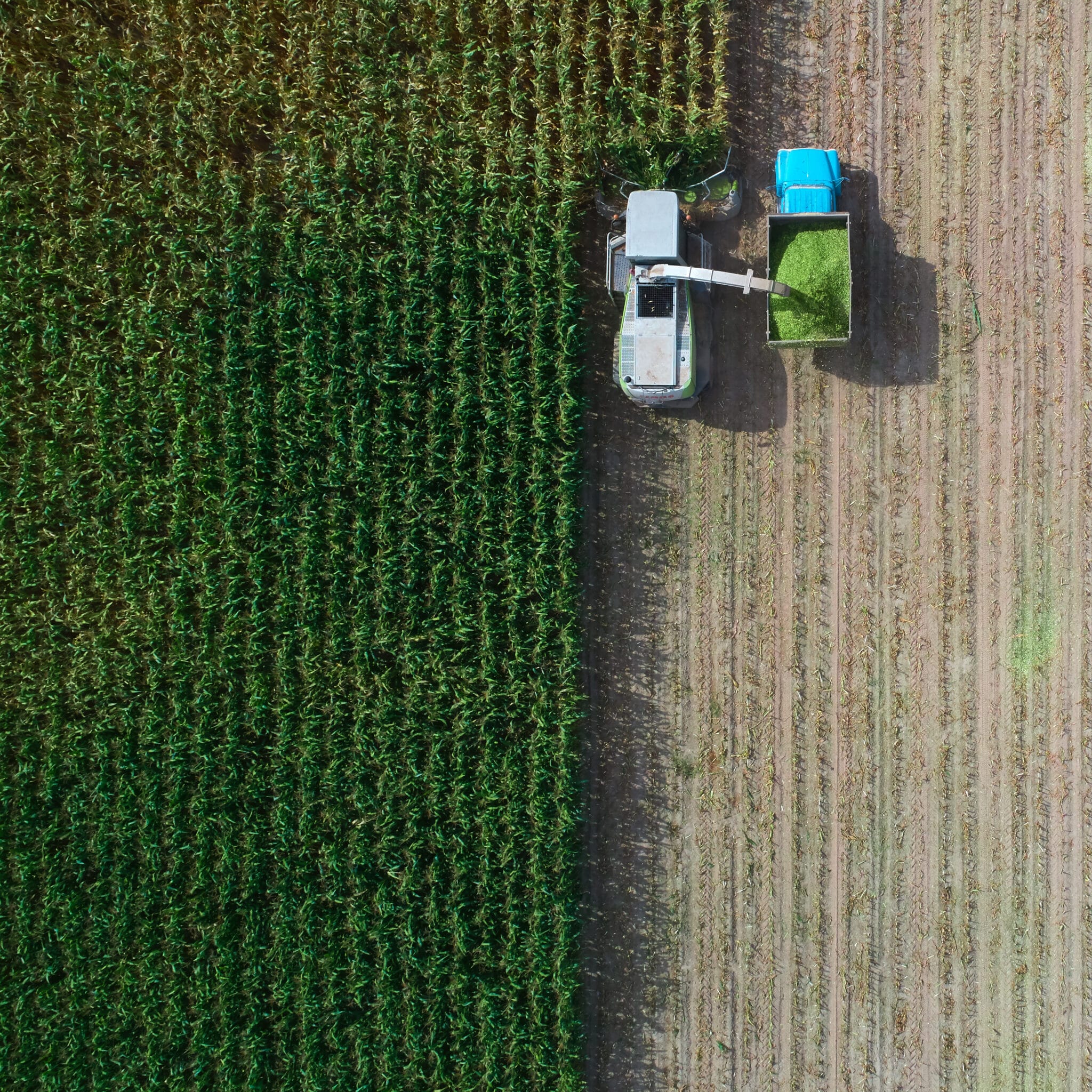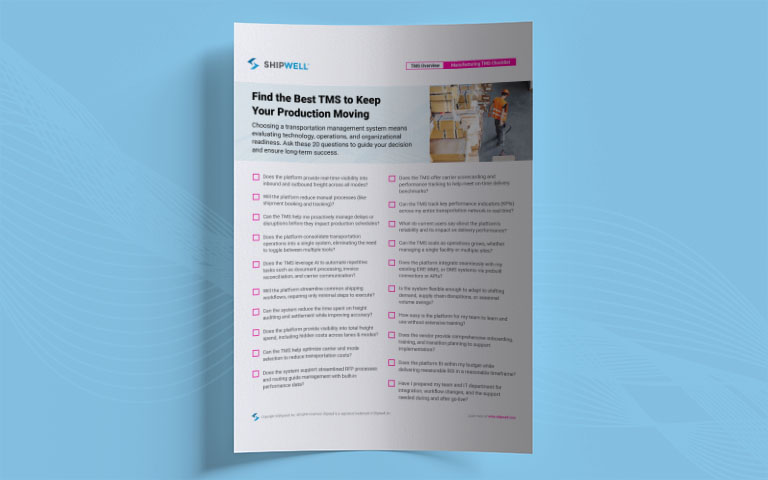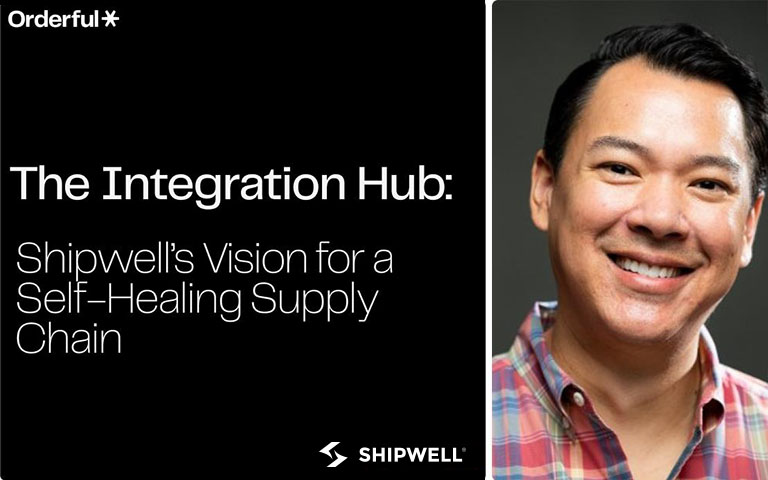The Hidden Cost of Food Waste & How to Prevent It

Increased inspections that brought days long wait times for commercial truckers at the US-Mexico border last week have had a significant impact on produce supply chains, with losses due to spoilage as produce trucks were stuck at the border crossing estimated to total more than $240 million. Fruit and vegetable shipments run on tight deadlines to maintain freshness during the fast-paced produce shipping season, so delays like this can be especially costly. Not just to the shipper and producer who have to deal with the lost product or to the consumers who face price increases, but to sustainability and the environment.
When food ends up in a landfill, it creates methane, a greenhouse gas 25 times more potent than carbon dioxide. And with food waste accounting for more than 8 percent of all human-made greenhouse gas emissions, it is a major contributor to climate change. In fact, according to the United Nations, if global food waste were measured as a country, it would be the world’s third worst emitter of greenhouse gasses, behind only the US and China.
Even when looked at domestically, according to the USDA 30-40% of food produced in the US is wasted with over a third of that occurring in the supply chain, creating a carbon footprint larger than the airline industry.
Of course, while the loss of $240 million in spoiled products last week is a heavy loss, border delays like those seen last week are far from the only contributing factor. Unreliable predictions of demand, shipment delays, volatility in trucking markets, too much inventory and imprecise temperatures all contribute to food waste in supply chains.
Shipwell works to help eliminate that waste. Powered by AI and machine learning, the platform can alert companies about out-of-bounds temperatures, shipment delays or any other existing or potential exceptions in real-time through Compass Dashboard. If there are any issues, the system can automatically flag the shipment, send an internal email to the appropriate worker, or even call the truck driver using natural language processing technology. This allows companies to proactively address problems instead of having to constantly respond after the damage is done.
And the ROI on these measures are very real. In fact, one large meal-kit company using Shipwell’s technology saw a 75% return on investment in the first year due to lower transportation rates and a decrease in spoilage and loss of goods sold. By optimizing routes and consolidating loads, the company also saved 1.7 million land miles of transportation, the equivalent of preventing 5.6 million pounds of CO2 emissions from entering the atmosphere.
With many of Shipwell’s customers in the food and beverage industry, wasted food can have a big impact on the bottom line, as can wasted fuel during transport. Which is precisely why it makes sense to leverage technology for improving sustainability measures in the supply chain. It doesn’t just help save the planet, it saves money while doing it.
For more information on how Shipwell can help establish a more efficient and sustainable supply chain, schedule a demo today.


.svg)








